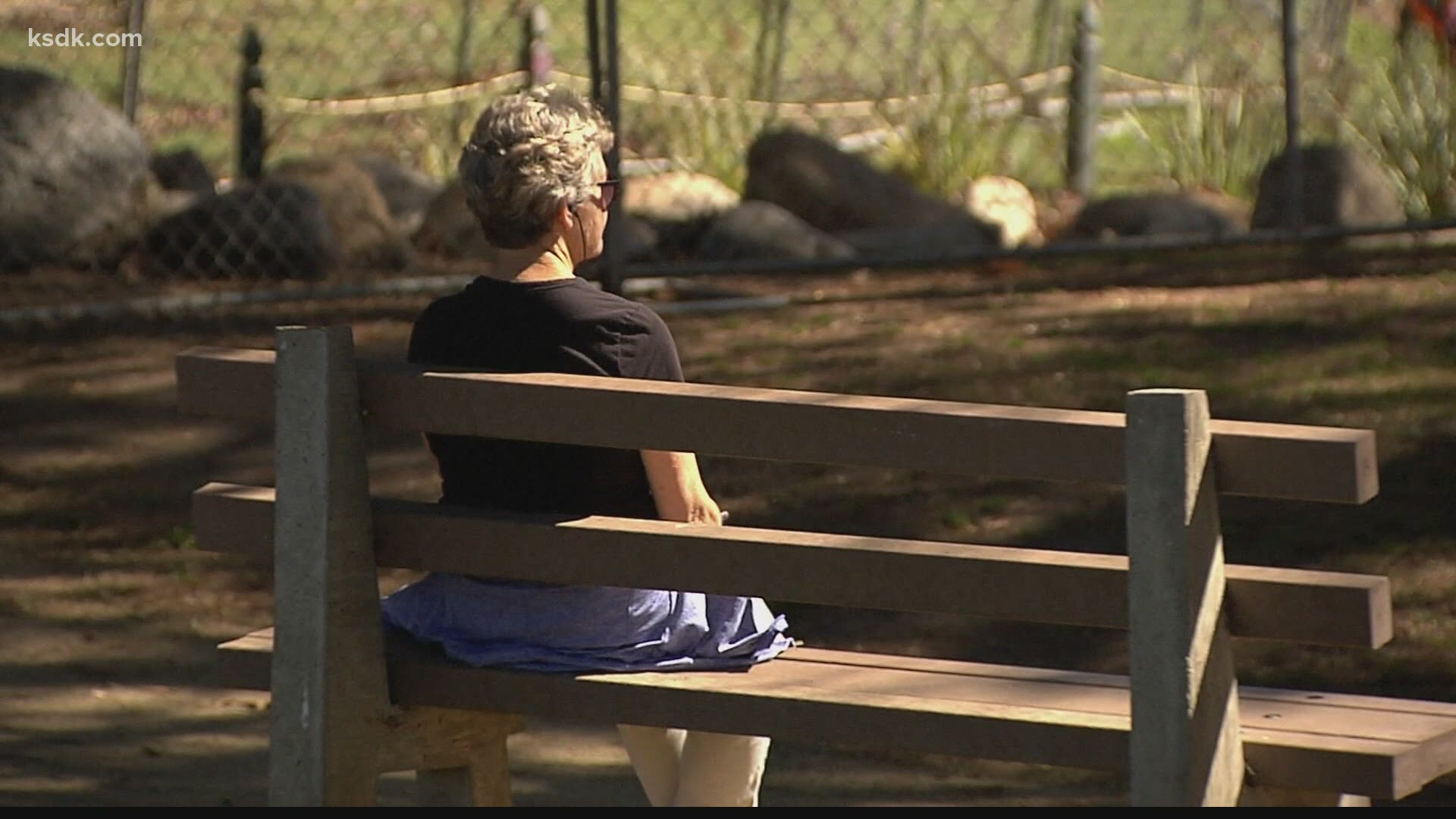ST. LOUIS — Fifteen months of waiting for things to feel "normal" again — but now, nearly half of all Americans feel something else, according to a recent study by the American Psychological Association: a nervousness about post-pandemic life psychologists call "re-entry anxiety."
“Anxiety about going back to the workplace or going back to school, going back to life as it was before, routines before COVID,” said Dr. Muthoni Musangali, associate professor in the Counseling Department at Webster University.
Doctors say the new habits we formed to stay healthy could take time to break — even with widespread vaccine availability, changing guidance and lifted mandates.
“We're trying to kind of engage in behaviors and in ways that have become unsafe or feel unsafe to us,” said psychologist Dr. Andrew Wislocki. He added that while not everyone might be experiencing re-entry anxiety, it is a very natural human reaction for those who made big changes to routine during the pandemic.
“We’ve had about a year and a quarter to develop these new patterns of being and patterns of emotion. And so they take time to change. It actually can be pretty dangerous if we could, you know, change our emotions like that,” he said with a snap of the fingers, “because we could do things that were very dangerous and we wouldn't feel that danger.”
Uncertainty about how to behave now, as well as how others will behave, makes it worse.
“In social situations, for example, how do you greet people?" asked Dr. John Paruch, a BJC Medical Group psychiatrist at Christian Hospital. “How is that going to be? How is that going to look? That uncertainty, that’s the epitome of anxiety.”
Even if you're feeling OK about health and safety, doctors say you could be feeling nervous or exhausted by social settings and conversations.
“We're all rusty, right?” said Dr. Wislocki. “It's not something we've done in a while. And so that takes, it takes time to, you know, kind of get some of that rust off and kind of get back to a place where it starts to feel smooth again.”
The doctors all say not to rush it. Change behaviors and move back into interactions at your own pace — and respect the pace of others, too.
“We can only control what we can control,” said Dr. Paruch. “How we react to what people do is what we can control. We can’t control what they do.”
Set boundaries and new rules, like if you learned you love more time at home, build that into your new normal.
“This is also an opportunity for people to kind of recalibrate their lives in ways that maybe feel more satisfying,” said Dr. Wislocki.
They all agree that part of the anxiety comes from the attachment to our “old normal,” which they say isn’t coming back anytime soon.
“We want to think of it as normal, but it's not. But it's going into a phase where we're negotiating relationships, we're negotiating workplaces and routines that we have. It's almost like really carving out a new space,” said Dr. Muthoni.
That new normal can be pretty comfortable eventually too, the doctors say, because in many ways, it’s up to us.
“We're going into a place where perhaps we appreciate things in ways that we didn't before,” said Dr. Muthoni.
“You still are the same person you were in March of 2020. But you've changed a lot,” said Dr. Paruch.

